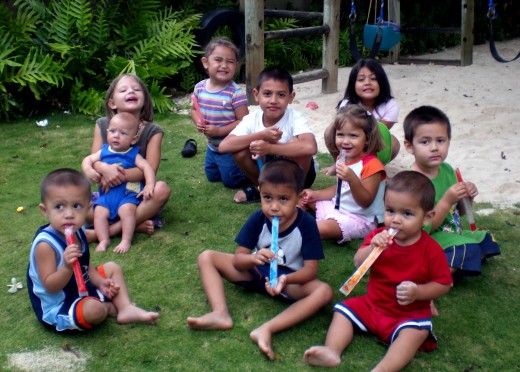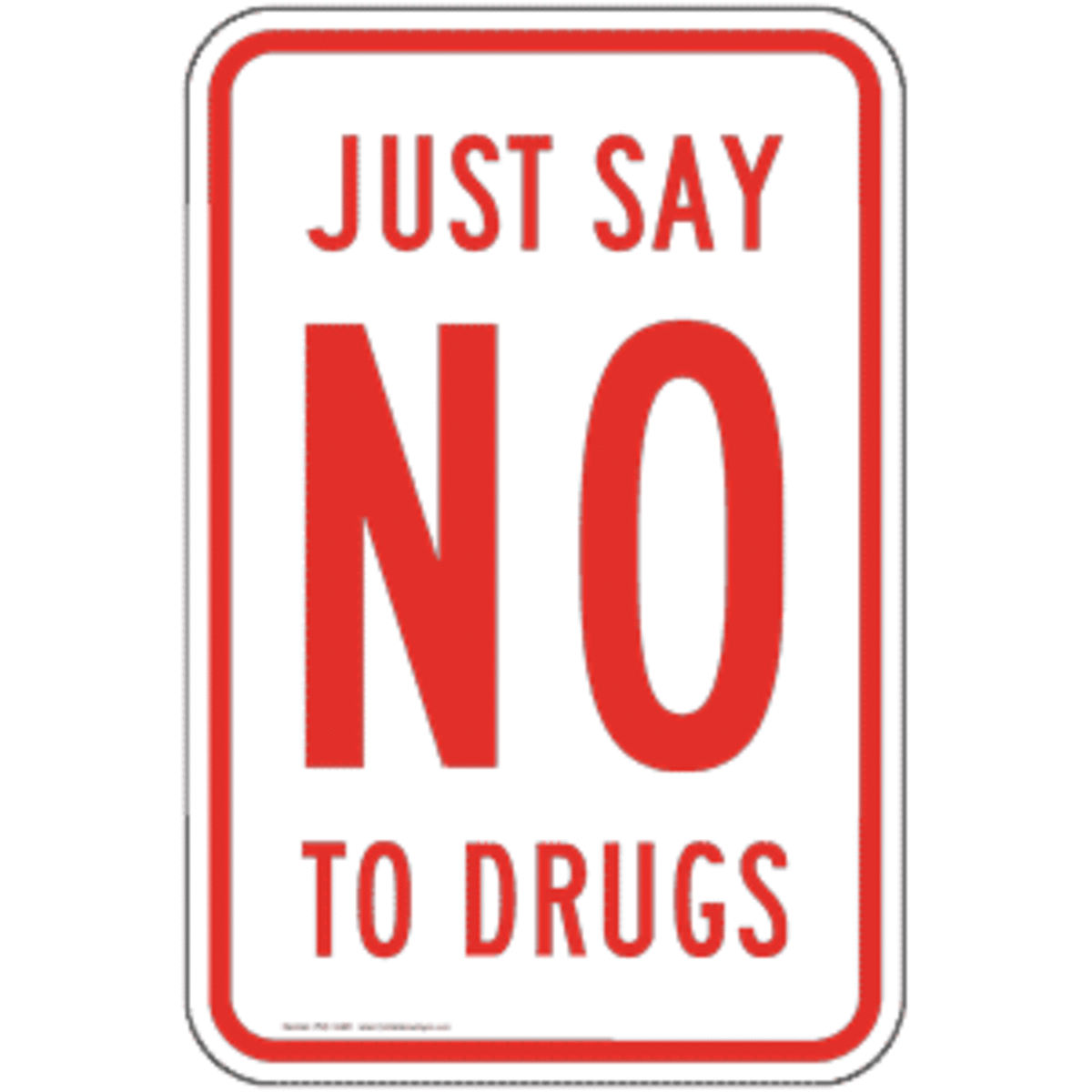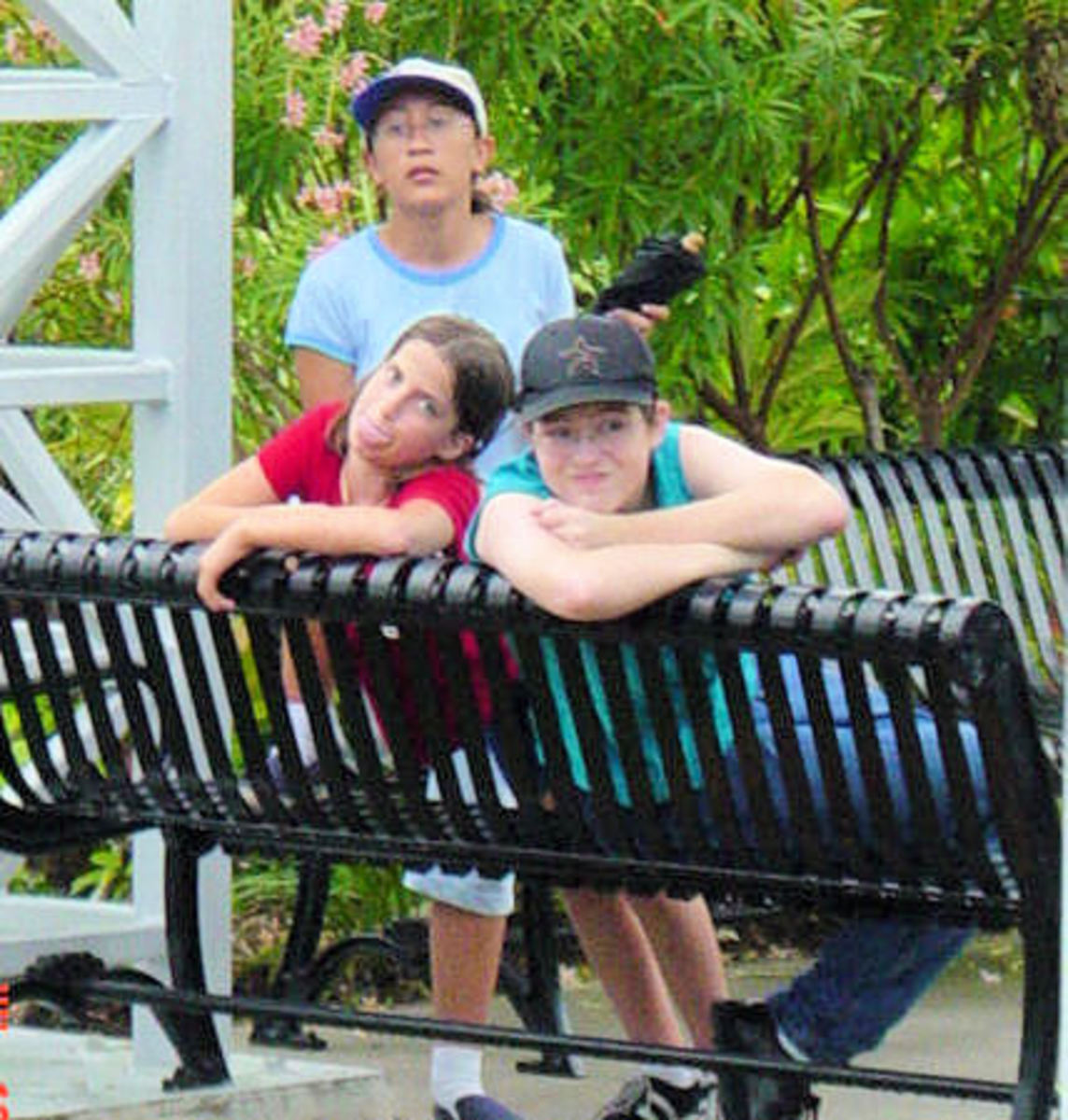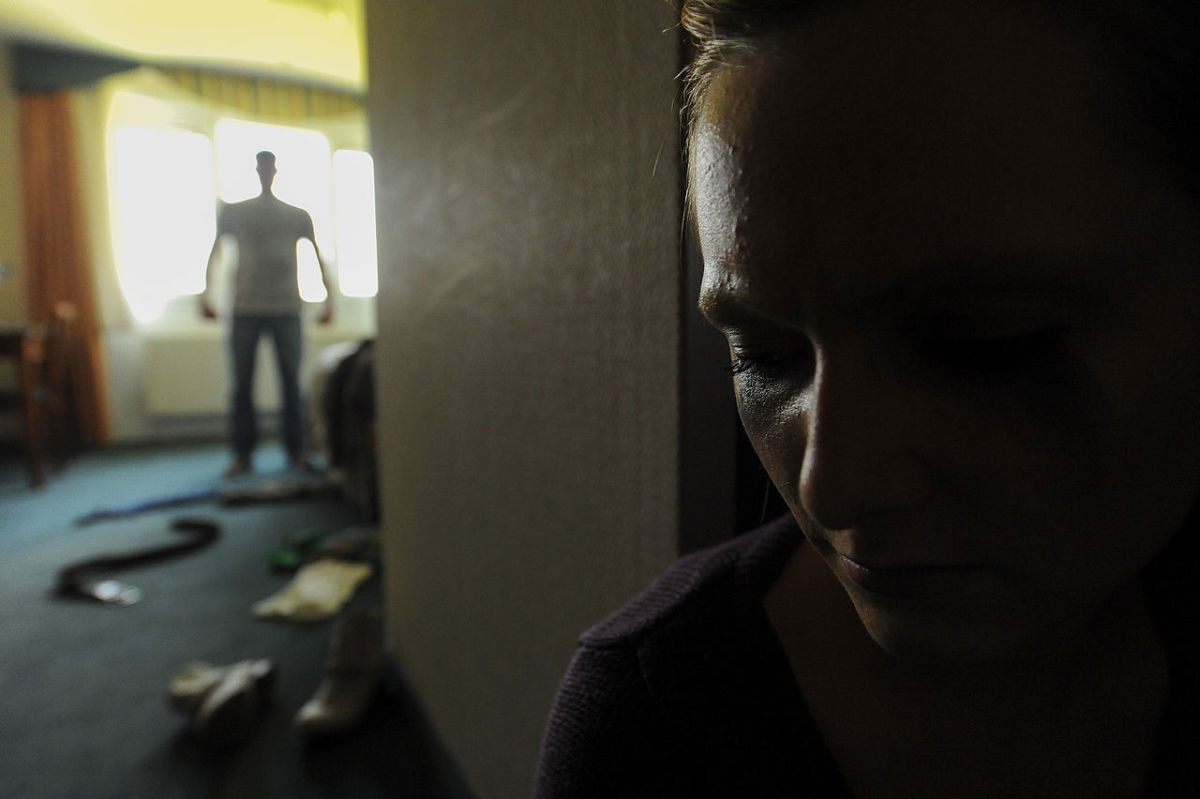ADHD in the Family

Parenting is a daunting responsibility even when things are running smoothly. When a child shows behavior requiring medical intervention, it becomes more difficult.
In order to help those who suspect their child may have this disorder, here are a few clues that a problem is ADHD rather than another disorder.
Does the child have difficulty paying attention to you or staying focused on a task?
Does the child have difficulty controlling themselves or appears hyperactive?
Does the child’s behavior seem out of sync with peers?
The average onset of ADHD is 7 years old. It is more prominent in boys than girls. The disorder manifests itself in 9.0 per cent of American children age 13 to 18.
Clues
In order to help those who suspect their child may have this disorder, here are a few clues that a problem is ADHD rather than another disorder.
Does the child have difficulty paying attention to you or staying focused on a task?
Does the child have difficulty controlling themselves or appears hyperactive?
Does the child’s behavior seem out of sync with peers?
Similar Conditions
The average onset of ADHD is 7 years old. It is more prominent in boys than girls. The disorder manifests itself in 9.0 per cent of American children age 13 to 18.
Before rushing to a diagnosis of ADHD, there are several conditions that need to be ruled out. A pediatrician can determine if the child:
Has a middle ear infection. This could cause hearing problems and lack of interest.
Has recently had a change or disruption, such as a family member passing away, parents divorcing or other stressful situation.
Has vision problems making it difficult to concentrate.
Has seizures or other medical problems.
Has any other learning disabilities.
Symptoms
Observations that may indicate ADHD include the most common symptoms of inattention, hyperactivity and impulsive behavior. To receive a diagnosis of ADHD, the child must exhibit these behaviors for at least six months.
Inattention is indicated when a child often forgets things, switches from one activity to another and is easily distracted. If a child is easily bored with a task after a short time or has difficulty completing a job, it may be a sign of ADHD. Not listening when being spoken to, becoming easily confused, moving slowly and appearing to daydream may also be suspect.
Hyperactivity include symptoms such as fidgeting and squirming in their chair, talking nonstop, and dashing around. They may play with one toy for a short time then move quickly to another. The child feels the need to be constantly moving.
Impulsivity is shown through interrupting another child’s activities or an adult conversation, with no regard to consequences. They may blurt out comments unrelated to the subject. The child has difficulty waiting for their turn and shows disregard for another child’s needs or wishes.
Assessment
The disorder ADHD is derived from the above behaviors (Attention deficit hyperactivity disorder). It can continue through adolescent years and even into adulthood.
Children have different personalities and mature at different rates. They also exhibit various temperaments and have different energy levels. Most child exhibit one or more of the symptoms of ADHD at one time or other, but if it is persistent and disruptive to teachers, parents, classmates and siblings, it may need treatment.
There is no single diagnostic test for ADHD. It is assessed over time by parents with the help of pediatricians or mental health specialists. The child can be evaluated in social situations or be given academic and intellectual tests to determine if it is a learning disability or another disorder.
Do you know a child or adult who may have ADHD?
Concurrent Conditions
Other possible conditions which may manifest themselves at the same time as ADHD include:
Oppositional defiant disorder
Conduct disorder
Anxiety
Depression
Bipolar disorder
Tourette syndrome
Learning disability
Sleep disorder
Bed-wetting
A diagnosis of ADHD may require sessions of therapy, visits to the doctor, and alterations in personal and family behavior.
At this time, there is no known cure for ADHD, but with medication, therapy, social skills training and establishing routines, a child can show improvement and make life easier for all concerned.








